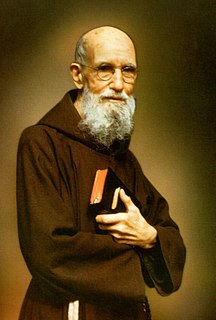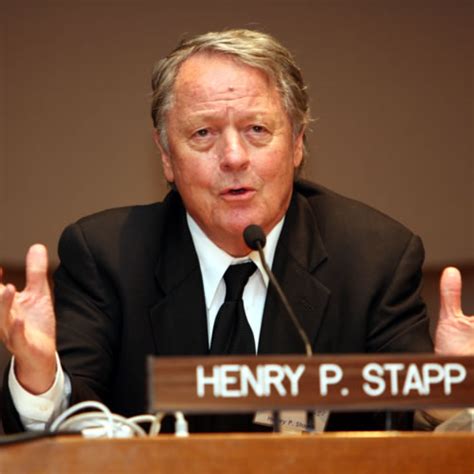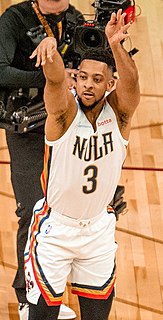A Quote by Edgar Mitchell
I think our science is a marvelous tool. Of course it has its politics, its failings, its mistakes, like all other human endeavors, but I think the methodology of our science - using it to postulate and to use the proper approach of creating falsifiable hypotheses and then testing them to see if they ring true, and then progressing by finding the anomalies to our theoretical structure, and then improving our theoretical structure to take care and test the anomalies - is the way to go, because that helps us discover what the universe.is all about and our relationship to it.
Quote Topics
About
Anomalies
Approach
Because
Care
Course
Creating
Discover
Endeavors
Finding
Go
Helps
Human
Hypotheses
Improving
Like
Marvelous
Methodology
Mistakes
Other
Our
Our Relationship
Politics
Progressing
Proper
Relationship
Ring
Science
See
Structure
Take
Take Care
Test
Testing
Them
Then
Theoretical
Think
Tool
True
Universe
Us
Use
Using
Way
Related Quotes
Our greatest theoretical physicist, Stephen Hawking, recently declared that humans have no more than a hundred years to get off this planet to ensure the survival of our species. And when someone such as he does so, it is with an understanding not just of the science, but of both our tenuous place and our possibility in the universe.
The significance of our lives and our fragile planet is then determined only by our own wisdom and courage. We are the custodians of life's meaning. We long for a Parent to care for us, to forgive us our errors, to save us from our childish mistakes. But knowledge is preferable to ignorance. Better by far to embrace the hard truth than a reassuring fable. If we crave some cosmic purpose, then let us find ourselves a worthy goal.
All we have to believe with is our senses, the tools we use to perceive the world: our sight, our touch, our memory. If they lie to us, then nothing can be trusted. And even if we do not believe, then still we cannot travel in any other way than the road our senses show us; and we must walk that road to the end.
The human mind has a desire to know its place in the universe and the role we play in the tapestry of life. This is actually hardwired into our brains, the desire the know our relationship to the universe. This was good for our evolution, since it enabled us to see our relationship to others and to nature which was good for our survival. And it is also what drives our curiosity to understand the universe.
I think a lot of people in my circle are thinking that way or see the movie [Into the Forest] and then really think that way. I think it's hopefully tapping into sort of a consciousness right now in regards to our society's relationship with the environment and our own and our disconnect from it, myself included.
Our beliefs about ourselves in relation to the world around us are the roots of our values, and our values determine not only our immediate actions, but also, over the course of time, the form of our society. Our beliefs are increasingly determined by science. Hence it is at least conceivable that what science has been telling us for three hundred years about man and his place in nature could be playing by now an important role in our lives.
People think because there's only 24 hours in a day, we're just supposed to play our sport and then go home and think some more about our sport. They don't think that we should care about other things, but the reality is that you can be really good at what you do for a living and have other hobbies.
I truly believe that to stay home, to learn the names of things, to realize who we live among . . . then I believe a politics of place emerges where we are deeply accountable to our communities, to our neighborhoods, to our home . . . If we are not rooted deeply in place, making that commitment to dig in and stay put . . . then I think we are living a life without specificity, and then our lives become abstractions. Then we enter a place of true desolation.
If contemplation of other people's pain just increases distress, then I think we should see it in another way. If we don't center too much on ourselves, then [we] increase our courage and our determination to remedy the pain, not our distress. If we have unconditional compassion, then it increases our courage. So that's the difference, self-centered motivation versus altruistic motivation.

































